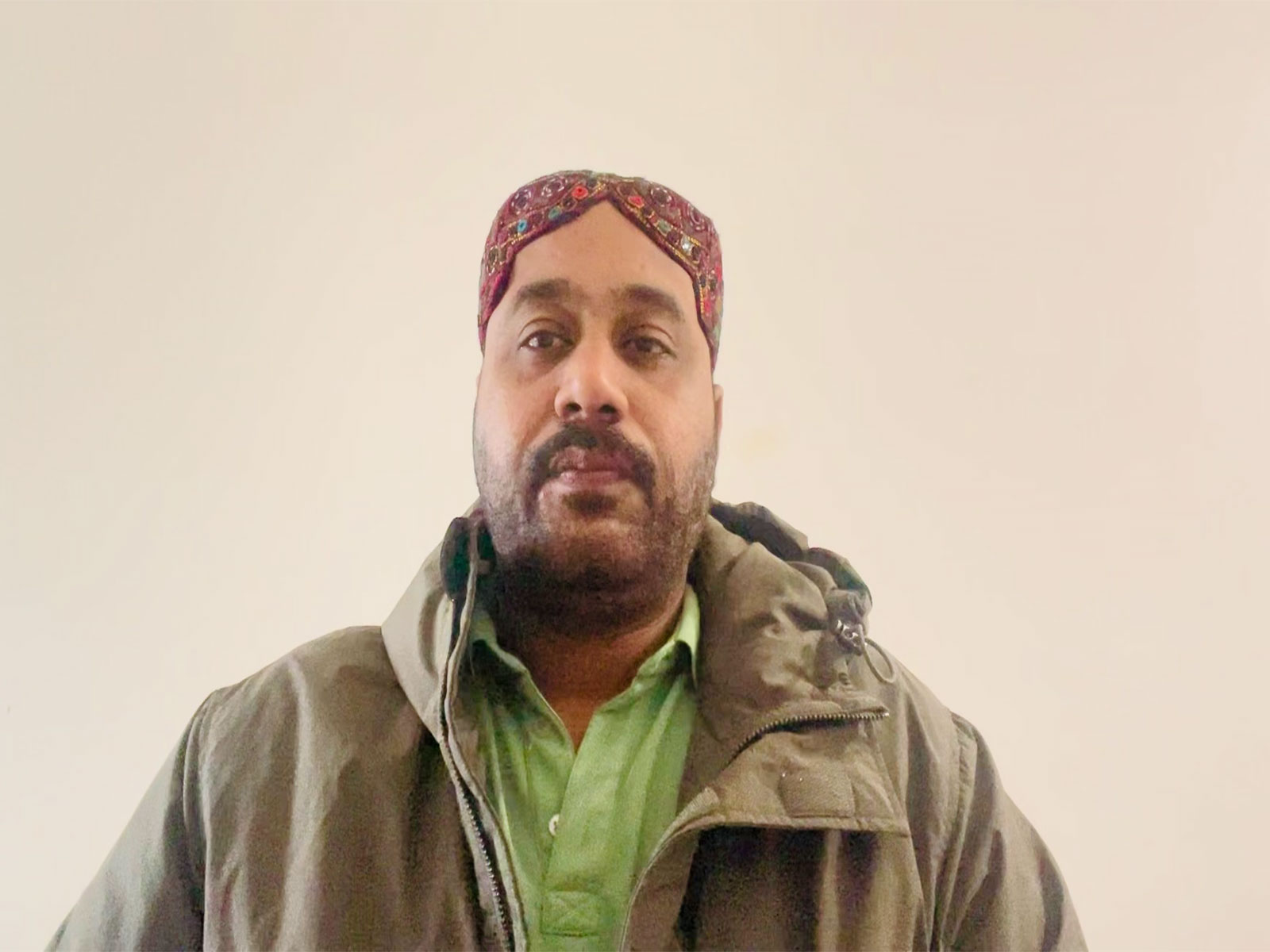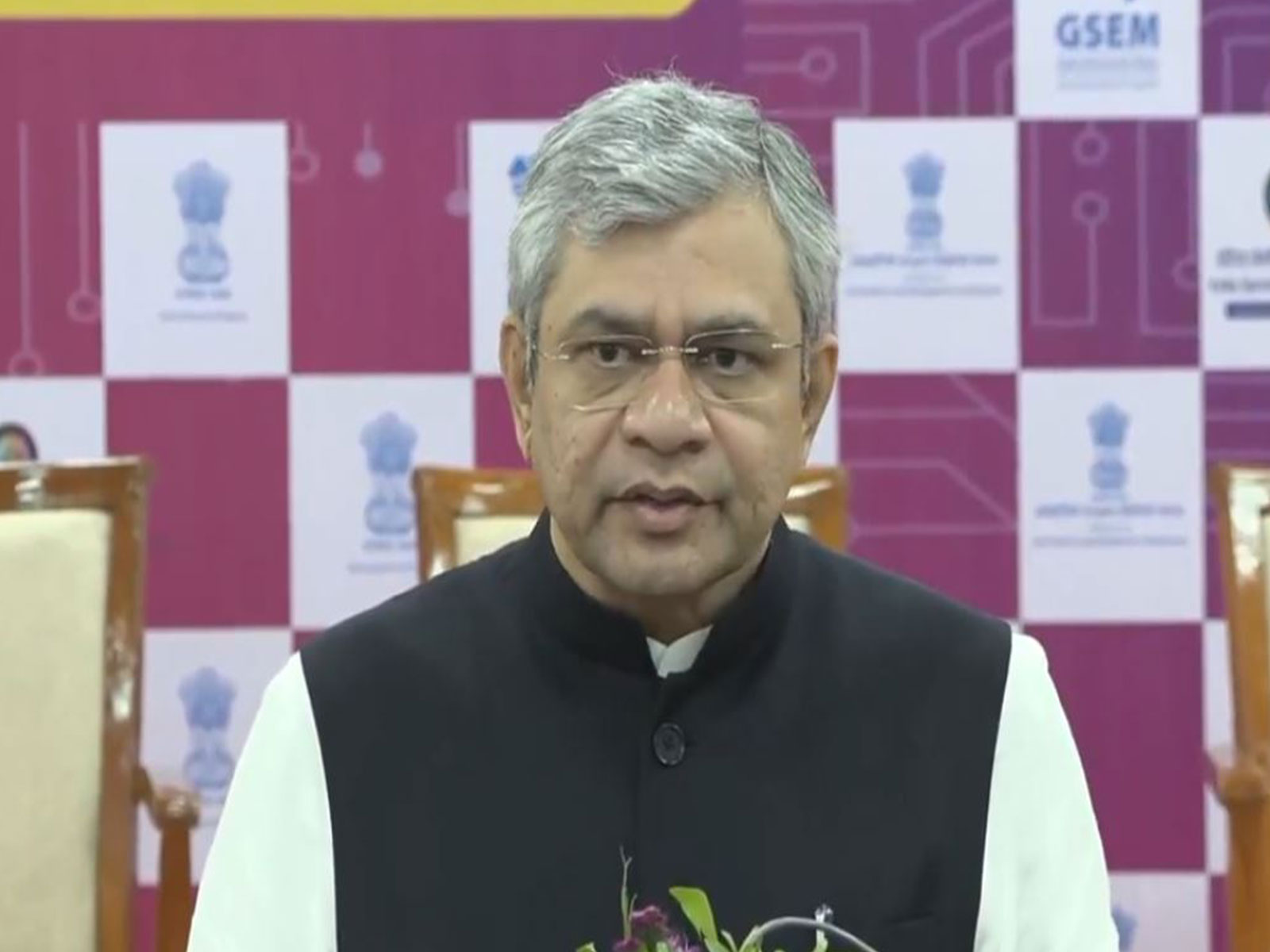Over 50 Hong Kong opposition lawmakers, activists arrested under national security law
Jan 06, 2021

Hong Kong, January 6 : Over 50 opposition lawmakers and activists were arrested on Wednesday on suspicion of violating the national security law, for their part in a primary election run-off last July.
Among the arrested were former lawmakers James To Kun-sun, Lam Cheuk-ting, Andrew Wan Siu-kin, Alvin Yeung Ngok-kiu and Wu Chi-wai, as well as pollster Dr Robert Chung Ting-yiu, who helped organise the event, South China Morning Post (SCMP) reported.
Most of those had organised or taken part in primary contests held by the pan-democratic camp last July as part of a "35-plus" strategy to maximise its chances of taking control of the 70-member legislature.
The national security law was implemented in Hong Kong in June last year.
The 35-plus strategy was drafted by Occupy co-founder and law academic Benny Tai Yiu-ting in March last year. Its aim is to gain a majority in the Legislative Council election (35 seats or more), and then vote down the Hong Kong Special Administrative Region's budget twice, if possible, SCMP reported.
According to the national security law, a principal offender convicted of subversion faces imprisonment of 10 years to life, while an "active participant" can be sentenced to between three and 10 years' jail, while a minor can face a fixed term of not more than three years' imprisonment or short-term detention or restriction.
China has faced criticism over the national security law which is being dubbed in conflict with the Sino-British joint declaration.
The agreement of Hong Kong was signed in Beijing on December 19, 1984, by the Prime Ministers of China and Britain, Zhao Ziyang and Margaret Thatcher. The two governments agreed that China would reassume control of Hong Kong from July 1, 1997.
The main body of the treaty has eight articles and three annexes and it states that China's basic policies regarding Hong Kong "will remain unchanged for 50 years", including the promise that the city would retain a high degree of autonomy.




















